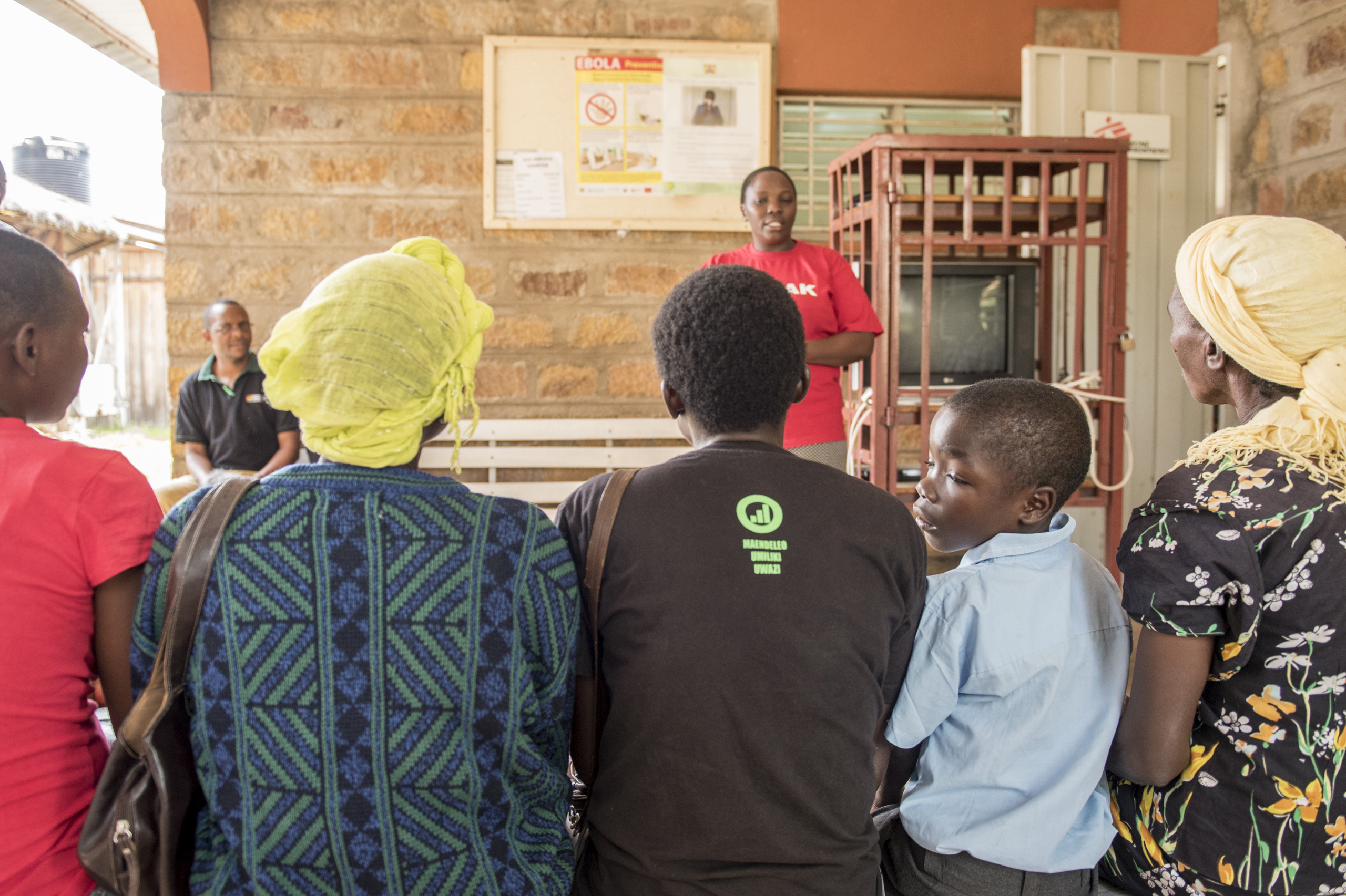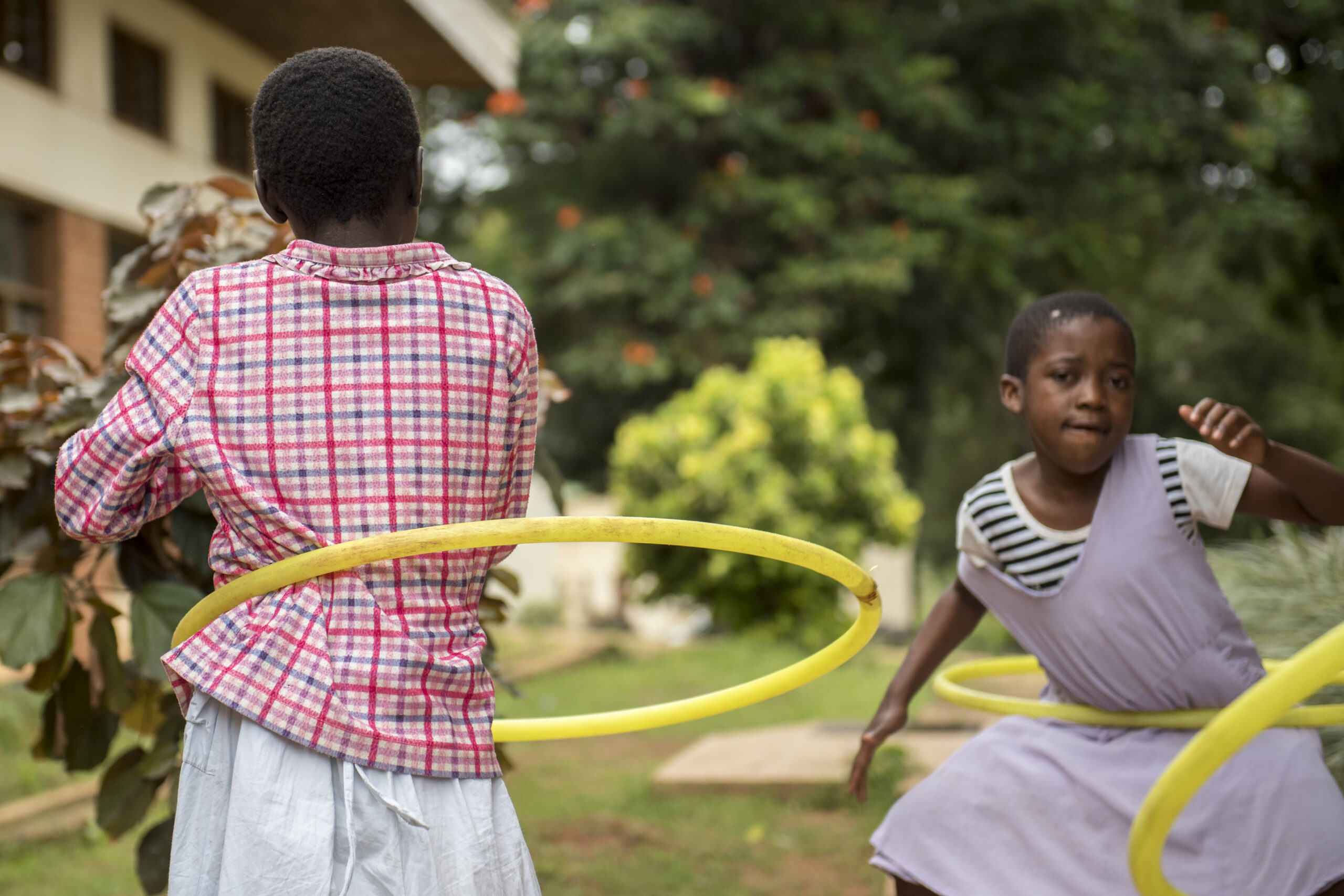Hellen Abura, 53, is a businesswoman and mother living in Homa Bay, Kenya. She purchases dagger fish on the beach in Mbita and transports them inland to sell. Hellen has been living with HIV for the past 12 years. Her husband died from an AIDS-related illness in 2004, but, thanks to strict adherence to her treatment, she has continued to lead a healthy, productive life. Fortunately, all of her four grown children are HIV negative.
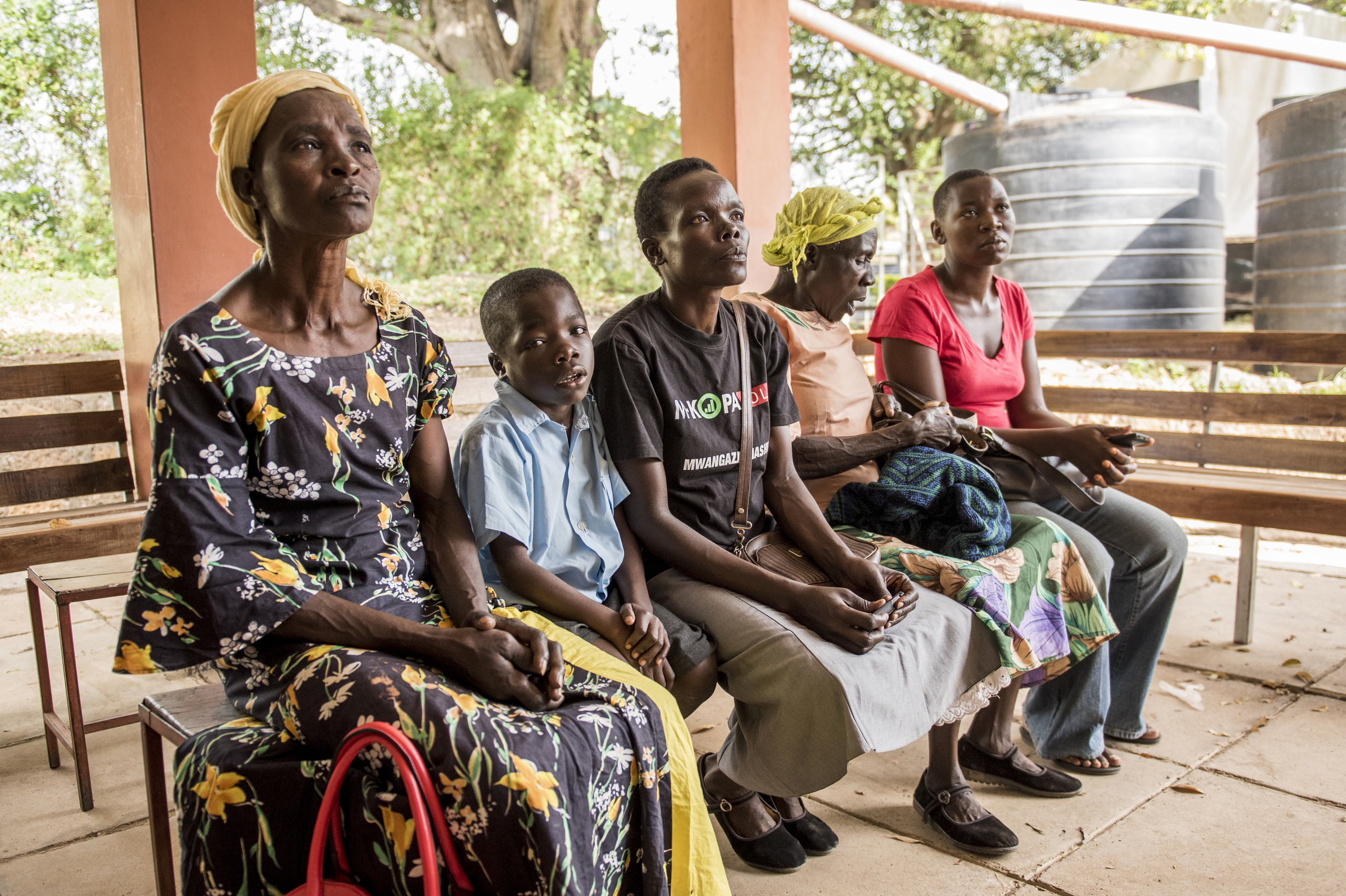
Hellen’s health is monitored on a monthly at the nearby Homa Bay County Referral Hospital. With support from the Elizabeth Glaser Pediatric AIDS Foundation's (EGPAF) Pamoja Project, the hospital’s Comprehensive Care Centre (the HIV clinic) has deployed a real time, electronic system referred to as point-of-care electronic medical records. Through this system, the healthcare worker is able to enter data in real-time into the system as they’re seeing the patient.
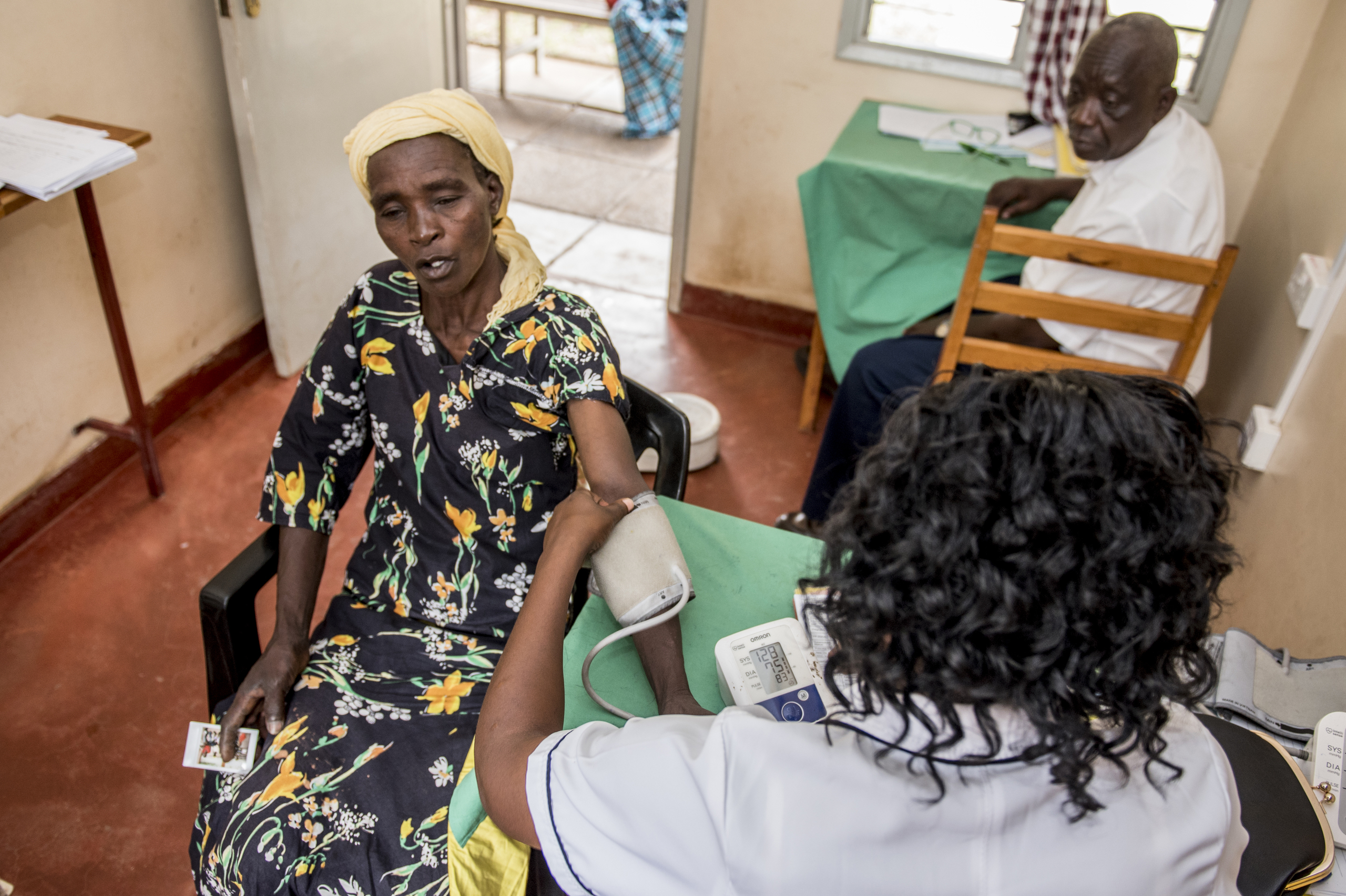
When Hellen arrives at the hospital to regularly pick up her medication, she is met by a linkage officer, who acts as a concierge for HIV patients, connecting them to services and providing education and counseling. Hellen’s vital signs—pulse rate, temperature, respiration rate, and blood pressure—are measured and added to her electronic medical record. In addition, her body mass index (BMI) is measured to determine if she is underweight.
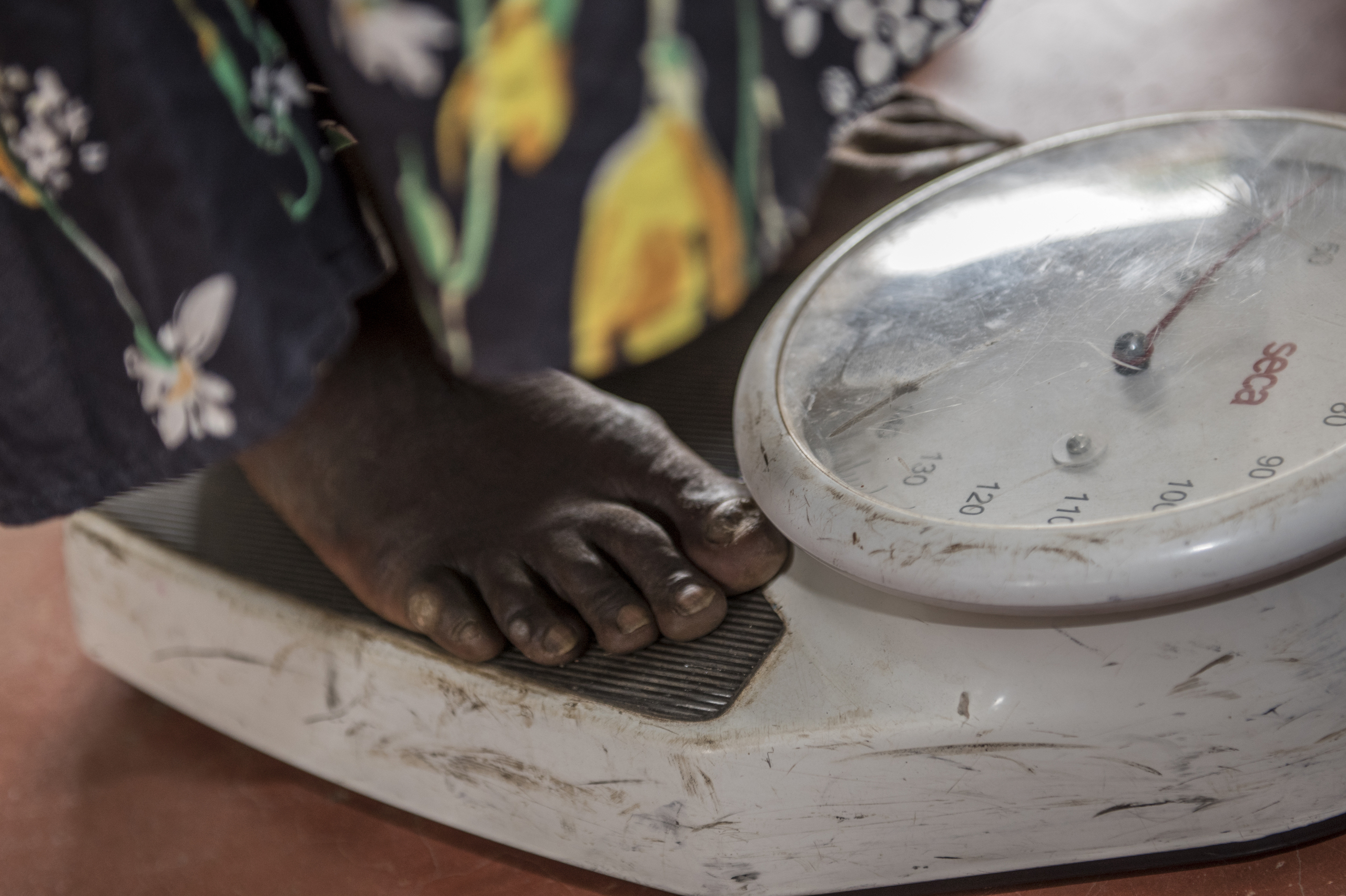
The health worker discovers that Hellen’s BMI is low. As a fishmonger living alone, Hellen struggles to earn enough money to buy food. To help her gain weight, her health professional gives her fortified flour. This supplemental food is an important aspect of the Pamoja Project, since ingesting HIV medication without food can result in unpleasant side effects. In addition, the medication is less effective in a body that is not adequately nourished.
Every three months, Hellen’s blood is drawn to test her CD4 count, which indicates the strength of HIV in her system. It also provides vital information for the chief medical officer as he determines the proper antiretroviral medications and dosages to keep Hellen healthy.
By the time that Hellen arrives at the pharmacy, her information is already in the system. The staff simply checks the computer and gives her the medicine that she needs.
By tracking clients like Hellen electronically, the health facility keeps detailed and more accurate records of its clients. The system flashes reminders for the clinician to ensure the client does not miss an appointment. Aside from the client spending less time at the facility, it also helps to greatly enhance the quality of care for the clients.
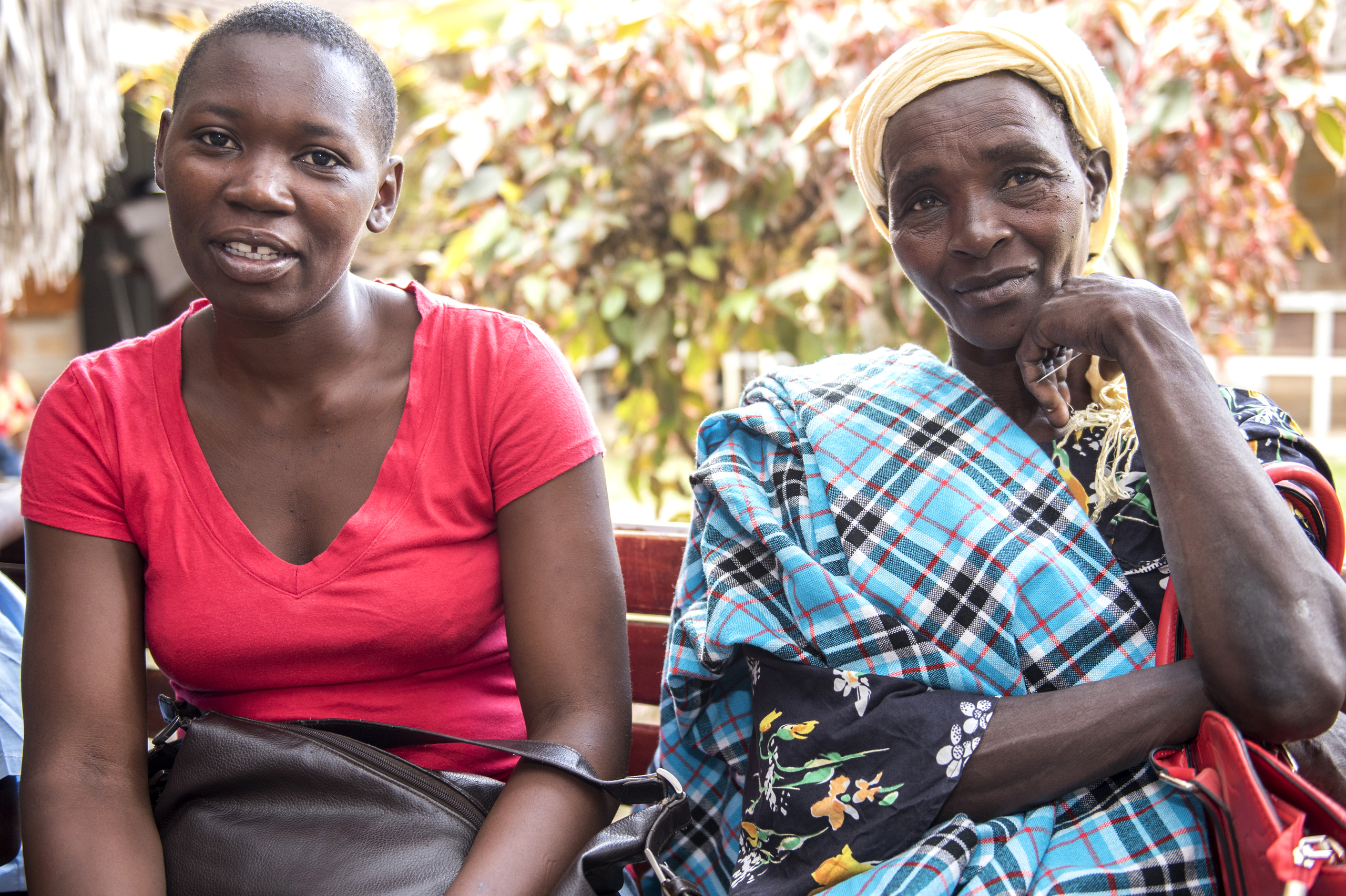
“The key message I have for any woman living with HIV is the importance of taking your medication,” says Hellen. “I have been taking it faithfully for ten years, and that is why I am alive and healthy now.”
The support Hellen receives through the Pamoja project helps her stick to a routine of care where her HIV diagnosis doesn’t hinder her ability to lead a long, fulfilling life.
